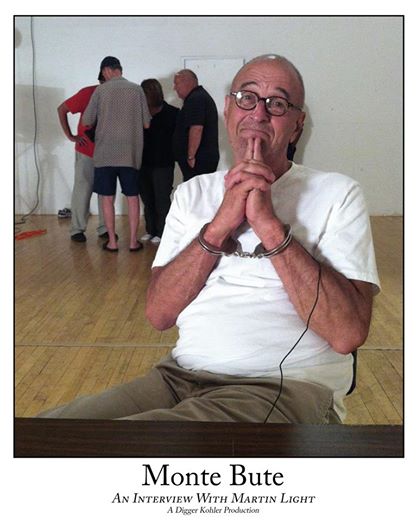Too few academics read widely outside their discipline. In truth, they often read little outside their specialty. Sociologists are no exception. Ironically, it is the human condition, in its most expansive understanding, that grounds our work as sociologists. This list of novels, essays, plays, and poems are some of the works that have provided meaning for my intellectual journey. I promise that they are works of substance, and that they will challenge you as they have challenged me. This list, and others like it, make us more fully human, humanistic sociologists, so to speak. The list is not static; what I list today has changed since yesterday and, hopefully, it will be transformed by tomorrow. That should be the story of the life your own mind.
The Castle, Kafka
Gilead, Marilynne Robinson
The Plague, Camus
Rules for Radicals, Alinsky
Inferno, Dante
A Pen Warmed up in Hell, Twain
Fierce Attachments, Gornick
Invisible Man, Ellison
The Electric Kool-Aid Acid Test, Wolfe
The Death of Ivan Ilyich & Other Stories, Tolstoy (Pervear & Voloshonsky translation)
Baudelaire: Poems, Baudelaire
Tao Te Ching, Lao-tzu
Selection from the Essays, Montaigne
The White Album, Didion
Three Plays, Wilson
From Dictatorship to Democracy, Sharp
Moby Dick, Melville
The Communist Manifesto, Marx
The Hamlet, Faulkner
Tell Me a Riddle, Olsen
Julius Ceasar, Shakespeare
The Wisdom Books [of the Bible], Alter
Escape From Freedom, Fromm
All the King’s Men, Warren
Talking into the Ear of a Donkey, Bly
On Liberty, Mill
Cat’s Cradle, Vonnegut
Learning to Drive, Pollitt
Three Plays, Wilder
The Teachings of the Compassionate Buddha, Burtt
Plath: Poems, Plath
A Gathering of Old Men, Gaines
Angels in America, Kushner
The Elegance of the Hedgehog, Muriel Barbery
Nineteen Eighty-Four, Orwell
Ecce Homo, Nietzsche
Fear and Loathing in Los Vegas, Thompson
Absalom, Absalom!, Faulkner
Hughes: Poems, Hughes
Three Plays, Chekhov
The Heart is a Lonely Hunter, McCullers
Hunger of Memory, Rodriguez
The Long Haul, Horton
The Vintage Sacks. Sacks
Blood Meridan, McCarthy
Faust Part I, Goethe
Notes of a Native Son, Son Baldwin
My Antonia, Cather
The Heart of William James, Richardson
John Berryman Selected Poems, Berryman
Selected Stories of Anton Checkhov, Pervear & Voloshonsky translation
Waiting for Godot, Beckett
Open Letters, Havel
Rimbaud: Poems, Rimbaud
Borderlands, Anzaldua
The Courage to Teach, Palmer
Slaughterhouse Five, Vonnegut
Macbeth, Shakespeare
The Search for Meaning, Frankl
Six American Poets, Conarroe
Collected Works, O’Connor
Under the Glacier, Laxness
Howl, Ginsberg
Arthur Miller: Collected Plays 1944-1961, Kushner
The Grapes of Wrath, Steinbeck
Darkwater, Du Bois
Montaigne’s Essays
Black Feminist Thought, Hill Collins
Facing Unpleasant Facts, Orwell
Philip Larkin Poems, Amis
The Road, McCarthy
Socrates, Buddha, Confucius and Jesus, Jaspers
Crises of the Republic, Arendt
In Dubious Battle, Steinbeck
The Coast of Utopia, Stoppard
Frost: Poems, Hollander
Drawing the Line Once Again, Goodman
Plainsong, Haruf
The Rebel, Camus
The Children of Light and the Children of Darkness, Niebuhr







